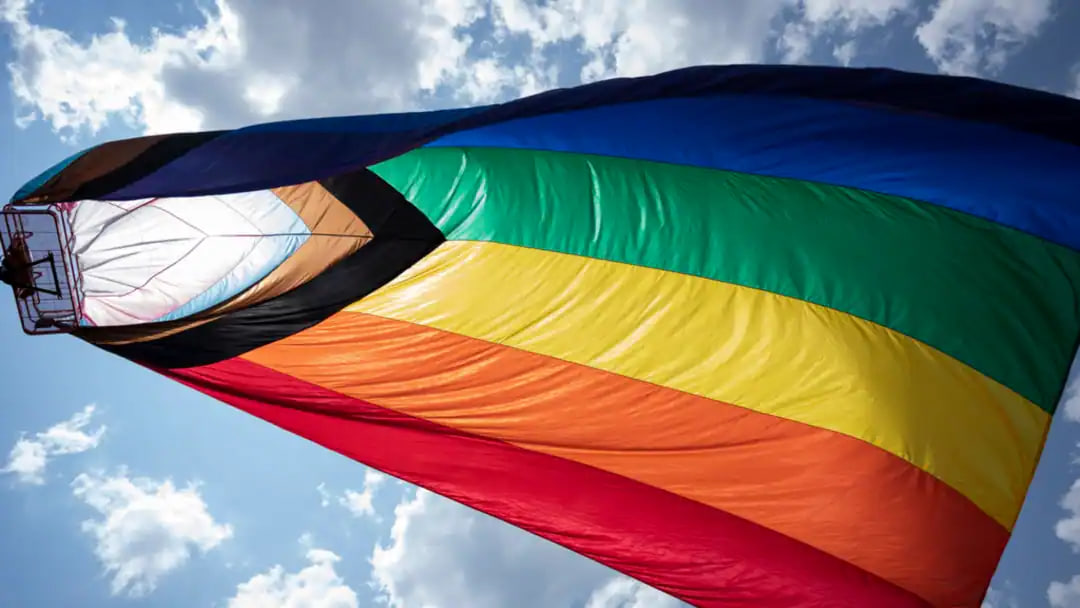Yaounde — Cameroon has prohibited the broadcast of television programs that it says propagate homosexuality in the central African state.
Joseph Chebongkeng Kalabubse, president of Cameroon’s National Communication Council, which regulates media in the country, said this week media organizations that broadcast programs linked to homosexuality will be severely punished.
“The National Communication Council can suspend a media outlet for promoting values that go contrary to our cultural practices and also the laws of our republic,” Kalabubse said. “We can suspend the media outlet from one month to six months or suspend its broadcast or its presence in Cameroon.”
Kalabubse said acts of homosexuality are prohibited by Cameroonian law, and broadcasting scenes linked to homosexuality is against professional ethics and the laws of nature. The NCC says many of the programs promoting homosexuality are cartoons that are frequently watched by children.
On Friday, Cameroon state broadcaster CRTV reported that foreign media groups such as the Walt Disney Company are trying to represent homosexuals by airing cartoons like “Miraculous LadyBug.” In some of these programs, women are seen kissing each other, which is taboo in Cameroon, CRTV reported.
Kalabubse said foreign TV stations that air LGBTI content will be suspended from broadcasting in Cameroon.
The NCC says Cameroon journalists should immediately remove programs linked to homosexuality or face sanctions.
Gbaka Ernest Acho, a Cameroon Bar Association member, said Cameroonian laws make it possible for journalists to be charged and sentenced heavily for promoting homosexuality.
“The chairman of the National Communication Council did just what is contained in the decree reorganizing the National Communication Council. Homosexuality is punished in section 347 of the Cameroon penal code and the sanction gets up to five years of imprisonment,” Acho said.
Acho said the NCC, by prohibiting homosexual and lesbian content on TV, is ensuring the respect of people’s dignity, and protecting children and youth from practices that are foreign to Cameroon.
The NCC decision came less than a month after authorities in Cameroon’s capital, Yaounde, closed at least six bars and popular spots they say are LGBTI-friendly.
The police said lesbian, gay, bisexual, transgender and intersex, or LGBTI, people had turned the popular spots into daily meeting arenas and are persuading young people to join the LGBTI community. Rights groups say the police arrested, detained and tortured LGBTI and suspected LGBTI persons.
Human rights lawyer Cyril Ayori said Cameroon laws are hostile to LGBTI people.
“Section 52 of the civil status registration ordinance is to the effect that no marriage may be celebrated if the spouses to be are of the same sex,” Ayori said. “When this section of the law is read with section 347 of the Cameroon penal code which punishes homosexuality with imprisonment from six months to five years, you will discover that Cameroonian laws are very harsh on homosexuality.”
The police say many poor youths are joining the LGBTI community with the false belief that they will become rich. The government says many young Cameroonians think that they can find LGBTI partners and travel to developed countries where the practice is legal and where living conditions are better.
In May 2022, Human Rights Watch said Cameroonian security forces are not protecting LGBTI people from violent attacks and are instead arresting victims.
The organization said Cameroon not only violates its obligations under national and international law, but it condones an atmosphere of violence and hate against LGBTI people by criminalizing LGBTI relations.
Source: All Africa

